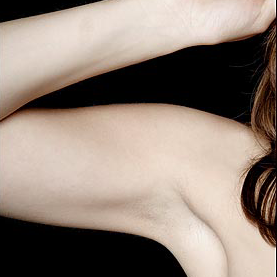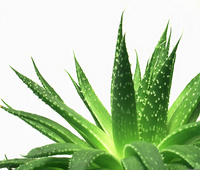Body Hair Removal
 If you suffer from unwanted hair and are looking for a body hair removal solution there are several options that you can choose from. These body hair removal options will safely remove the hair and in some cases can produce a permanent hair removal solution.
If you suffer from unwanted hair and are looking for a body hair removal solution there are several options that you can choose from. These body hair removal options will safely remove the hair and in some cases can produce a permanent hair removal solution.The first body hair removal option that is available to both men and women is shaving. Shaving is a very popular method of removing unwanted body hair but the downside is that hair can grow back very quickly.
Using a depilatory product is another form of body hair removal. This process chemically dissolves the hair but as with shaving the hair will return. Another downside to using a depilatory product is that many of these creams can cause irritations and skin tests are always recommended prior to use.
Waxing is another very popular method of body hair removal but as with shaving this is not a permanent hair removal solution. Waxing is also very painful but re-growth is slower.
Electrolysis as a form of body hair removal can in some cases prove to be a permanent hair removal solution. An electrical current is used to destroy hair follicles but several sessions are required and the results are not guaranteed. Electrolysis can also be very painful and only small areas can be treated at a time.
There a brand new innovation available for body hair removal by using specific laser utilities hair removal. Using a laser hair removal treatment destroys hair follicles and results in permanent hair removal. A laser hair removal treatment can be used all over the body and large areas can be treated at a time. The only drawback with this body hair removal solution is the cost of laser hair removal which can be quite expensive. With Laser hair removal there is minimal pain unlike electrolysis which can be very painful and after a laser hair removal treatment the skin will heal quite quickly, usually within 20 minutes.












